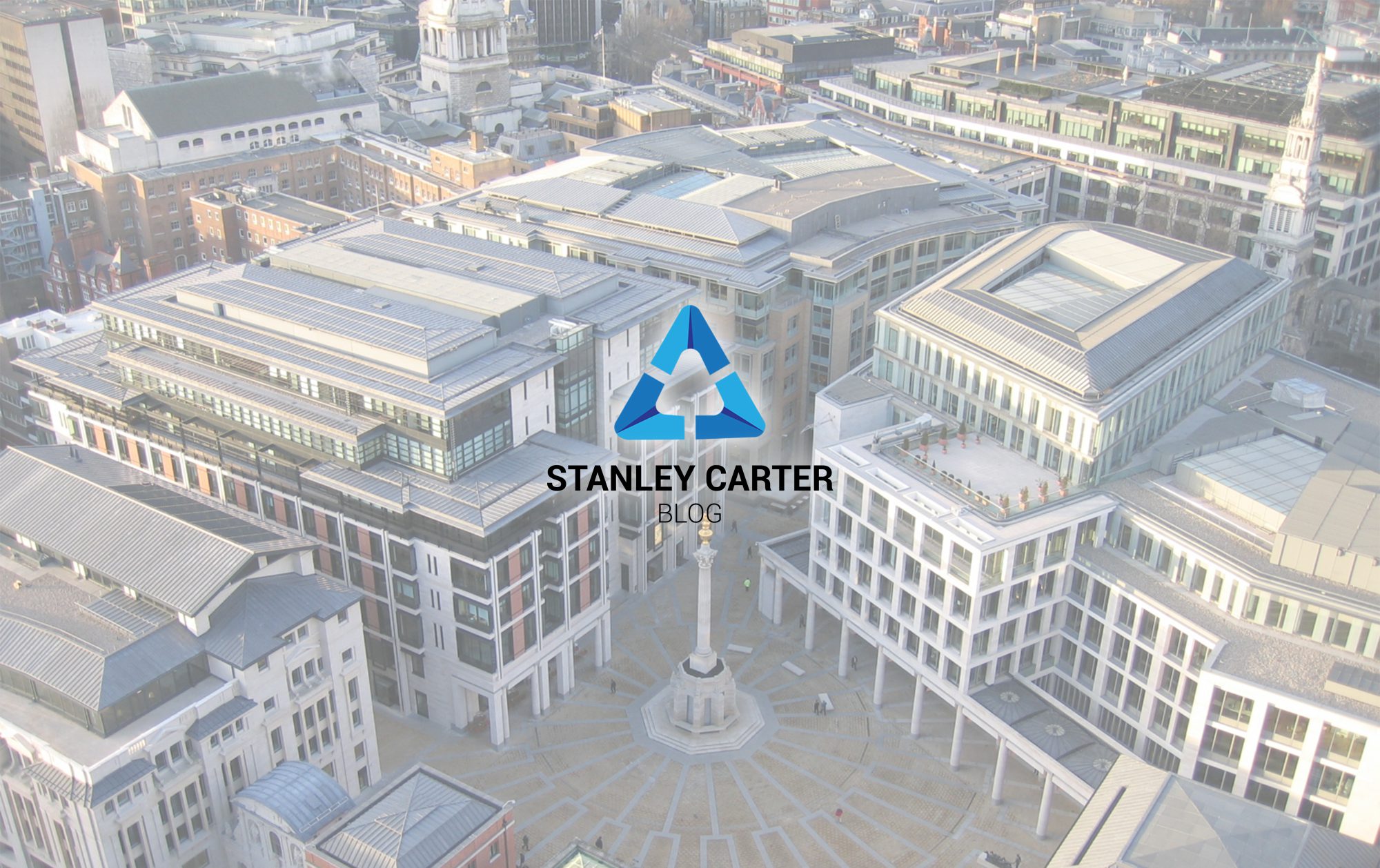Poor financial reporting by banks and other financial institutions can be seen as a core contributor to the financial crisis and the lack of trust in the financial sector that ensued. Despite the lessons of a decade ago, we are still hearing of accounting scandals today – Tesco, BT, Carillion to name but a few.
Financial reporting is critical to trust in business. Misleading accounts will undermine the confidence of investors and other stakeholders to the point where financial support can dry up and the franchise is lost.
Most accounting involves judgment and all judgment contains an ethical dimension. Fund managers should always remember that International Financial Reporting Standards (IFRS) are principles-based; therefore, financial statements which are prepared in accordance with IFRS reflect judgments and assumptions made by boards.
Bearing in mind that shareholders are the primary users of financial statements, they should provide feedback – both positive and critical – to boards of investee companies about the quality of their financial reporting, especially their consistency and comprehensibility. Indeed, those who are signatories to the UK Stewardship Code have a responsibility to consider the quality of a company’s reporting and they should not shirk from fulfilling this. Their views should be seen as invaluable and should be listened to and evaluated carefully by independent non-executive directors.
